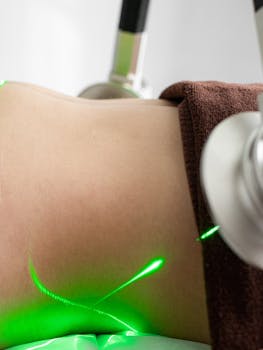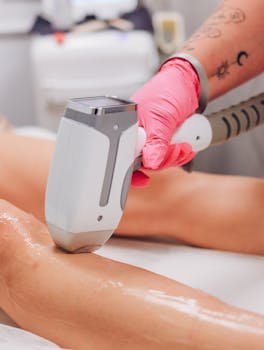Deciding whether to pursue a hair restoration procedure starts with understanding typical costs and what influences them. If you’re researching hair transplant cost atlanta, this guide breaks down the common price ranges, key factors that affect the final bill, and practical tips for comparing clinics in and around Atlanta. Our goal is to help you form realistic expectations and identify questions to bring to a consultation.
Average hair transplant costs in Atlanta
In Atlanta, prices vary widely depending on technique, surgeon experience, and the number of grafts needed. Many patients report total procedure costs ranging from roughly $4,000 to $15,000. For smaller sessions addressing a receding hairline, the lower end is more common; larger sessions that restore significant density or cover advanced loss trend toward the higher end of that range.
How clinics set prices
Clinics typically price procedures in two ways: per graft or a flat session fee. Per-graft pricing can make it easier to estimate based on hair loss severity, while flat fees may include pre-op testing, anesthesia, and post-op care. When asking “how much is hair transplant in Atlanta,” always confirm whether the quote includes follow-up visits, medications, and any touch-up procedures.
FUE vs. FUT and fue hair transplant price atlanta
FUE (Follicular Unit Extraction) tends to be more expensive than the strip method (FUT) because it is more labor-intensive and often performed manually or with specialized tools. If you’re specifically comparing fue hair transplant price atlanta, expect FUE quotes to reflect the time and expertise required—many clinics charge a premium for automated or manual FUE techniques. Discuss expected graft counts and time estimates to get a clearer idea of total cost.
Common cost drivers and what to ask
- Number of grafts: More grafts = higher cost. Ask your surgeon for an estimated graft count.
- Technique: FUE vs FUT vs robotic assistance affects labor and equipment costs.
- Surgeon experience and reputation: Higher-skilled surgeons may charge more but can reduce the risk of needing revisions.
- Facility fees and anesthesia: Some clinics include these; others bill them separately.
- Geographic and clinic overhead: High-end practices in city centers often have higher fees.
- Post-op care and medications: Factor in follow-up visits, dressings, and prescription meds.
Comparing quotes and avoiding surprises
When you receive estimates, make sure they itemize graft count, technique, and what’s included. Ask for before-and-after photos of similar cases and inquire about revision policies. If you plan travel for a respected surgeon, compare the total landed cost (procedure + travel + lodging). For context on the medical aspects of hair transplantation, see this Wikipedia article.
Some clinics may offer financing plans or partner with third-party medical lenders to spread payments over time. Remember that hair transplant cost in atlanta ga may also vary by neighborhood and clinic reputation, so shop with a balance of price and demonstrated outcomes. If you’re considering broader cosmetic treatment options alongside hair restoration, you may find relevant information in this descriptive anchor text resource on related procedures and recovery expectations.
Insurance, coverage, and alternatives
Most hair transplant surgeries are considered elective and cosmetic, so insurers rarely cover them. If cost is a barrier, discuss staged sessions, lower graft counts upfront, or non-surgical options such as topical minoxidil, oral medications, or low-level laser therapy to manage loss while you save. Clinics may also offer phased approaches to spread results and spending over time.
Recovery and hidden costs
Plan for a few days to a week of downtime for many FUE patients; FUT can require a slightly longer recovery and may involve a linear scar. Hidden costs can include time off work, special shampoos, follow-up PRP (platelet-rich plasma) sessions, and potential touch-ups. Confirm which post-op visits are included in the quote.
- Takeaways:
- Typical Atlanta ranges often fall between $4,000 and $15,000 depending on grafts and technique.
- FUE generally costs more than FUT; ask for graft estimates and itemized quotes.
- Insurance rarely covers elective hair restoration—explore financing if needed.
- Always verify what’s included: follow-up care, medications, and revision policies.
Q: How quickly can I get a cost estimate?
A: Many clinics offer free consultations or remote assessments where you submit photos. A detailed, personalized quote usually requires an in-person evaluation to confirm graft count and suitability for FUE or FUT.
Q: Are cheaper clinics in Atlanta worth considering?
A: Lower prices can be attractive but may reflect less experienced teams, shorter follow-ups, or lower-quality graft handling. Prioritize documented outcomes and transparent pricing to reduce the risk of needing costly revisions later.
Q: Can I combine a hair transplant with other cosmetic procedures?
A: Yes—some practices coordinate combined plans, but combining procedures can affect recovery and cost. Discuss sequencing, risks, and total expense during your consultation to plan safely and efficiently.






